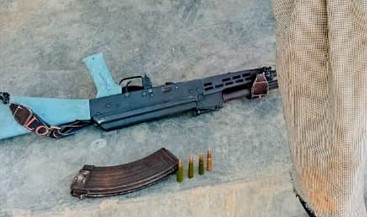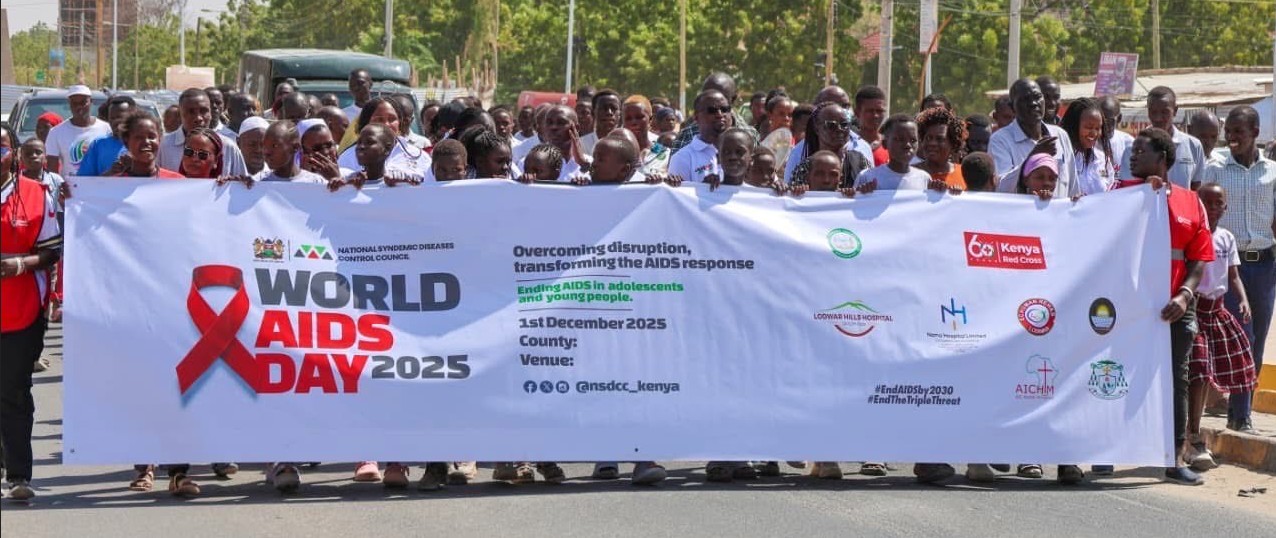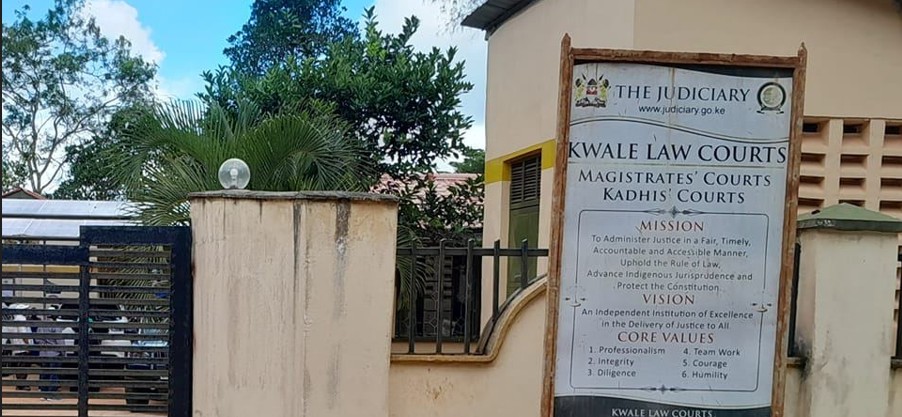Haiti crisis: Over 20,000 flee as gang violence spurs mass displacement

The current wave of displacement, the largest since August 2023, comes as armed gangs who have joined forces strengthen their grip on the capital.
Over 20,000 people have fled their homes across Haiti’s capital Port-au-Prince in just four days amid escalating gang violence, with more than 17,000 seeking shelter in 15 displacement sites as critical supply chains collapse.
Haiti has faced instability since the 2021 assassination of President Jovenel Moïse. The current wave of displacement, the largest since August 2023, comes as armed gangs who have joined forces strengthen their grip on the capital, leaving the national Police overwhelmed and underequipped.
More To Read
- Haiti security forces say era of unchecked gang power is over as crackdown intensifies
- ‘Kenya can’t do it alone’: US urges more nations to join Haiti’s Gang Suppression Force
- Green light for Gang Suppression Force tells Haitians ‘they are not alone’, Security Council hears
- Haiti is under a UN arms embargo: So why are 500,000 illegal weapons in circulation?
- 5.7 million people face food insecurity in Haiti
- ‘Unprecedented’ number of children on the run in Haiti
Kenya's President William Ruto recently confirmed that a contingent of 600 officers will soon join the 400 Kenyan police already stationed in Haiti after completing pre-deployment training.
Kenya has pledged to provide a total of 1,000 officers to lead the Multi-National Security Support Mission (MSSM) in Haiti, with the initial deployment of 400 officers having begun in September.
The 34 countries that make up the Organisation of American States (OAS) have approved a request by Haiti's Transitional Presidential Council to convert the peacekeeping mission in Haiti into a United Nations peacekeeping operation.
City under siege
The capital faces near-total paralysis, IOM warned, following the incident last week when commercial aircraft were reportedly fired on, hitting a United States-based Spirit Airlines jet as it was landing at the national airport, injuring a flight attendant.
The US Federal Aviation Administration has banned flights to Haiti for at least the next 30 days. International flights remain grounded, compounding the beleaguered nation’s sense of isolation.
With the main seaport access restricted and roads controlled by gangs, essential supplies cannot reach the vulnerable population, said the agency.
“The isolation of Port-au-Prince is amplifying an already dire humanitarian situation,” warned Grégoire Goodstein, IOM’s Chief in Haiti. “With only 20 per cent of Port-au-Prince accessible, humanitarian workers face immense challenges in reaching affected populations,” he added.
Escalating gang violence
Criminal groups in the capital continue their expansion, taking control of additional neighbourhoods and further isolating communities.
The national police force, grappling with a severe lack of resources, remains overstretched and faces significant challenges in containing the escalating violence
The toll of gang-related violence has reached catastrophic levels, with the UN Human Rights Office (UNHCR) reporting nearly 4,000 gang-related deaths in 2024 alone.
Gender-based violence, including sexual violence used as a weapon of terror, has reached alarming levels. Women and children bear a disproportionate burden of the crisis, with 94 per cent of displaced women and girls at heightened risk of violence.
Humanitarian response efforts
Despite severe access constraints, IOM continues to provide life-saving assistance through mobile medical clinics, rental subsidies for displaced persons, protection of services, psychological support, water delivery to displacement sites and support at border crossings.
The Organisation maintains operations throughout the country, including migrant protection centres and community stabilisation projects.
IOM emphasised the importance of upholding humanitarian principles amid the escalating crisis and called on all parties to respect the neutrality and impartiality of aid operations, allowing unimpeded access to those in need and safeguarding the integrity of humanitarian assistance.
Funding crisis
The humanitarian response faces a severe funding shortfall, with the UN’s $674 million response plan critically underfunded at just 42 per cent.
“Without immediate international support, the suffering will worsen exponentially,” Mr Goodstein emphasised.
Top Stories Today












































